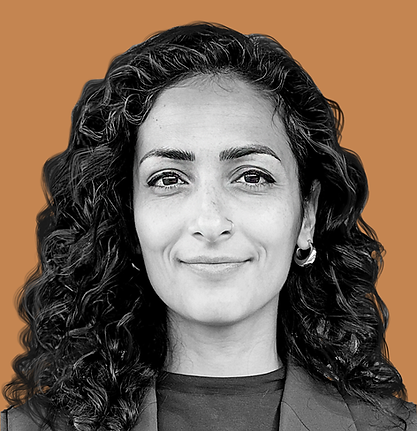Dorsa Amir

I'm a cognitive scientist studying how culture shapes the developing mind.
I am an Assistant Professor of Psychology & Neuroscience at Duke University & the Director of the Mind & Culture Lab.
Research Interests
Culture and cognition are deeply intertwined: culture both shapes cognition and is shaped by cognition, in turn. My research program explores this dynamic process, combining tools from developmental psychology, anthropology, and behavioral economics to better understand how these forces interact.
Culture → Cognition
The first avenue of my work explores the myriad ways in which cultural inputs influence cognitive processes. My research in this arena has primarily focused on the development of decision-making, exploring how variation in the socioecological environment influences our heuristics and preferences. These include both decision-theoretic preferences, such as risk tolerance and temporal discounting, and game-theoretic preferences, such as those underlying cooperation, morality, and identity. A central aim of this work is to gain insight into the structure of the human mind, identify which aspects of cognition are sensitive to cultural inputs and which develop more universally.
Cognition → Culture
A second avenue of my research concerns the ways in which cognition gives rise to culture. I focus primarily on cognitive tradeoffs across the lifespan, and in particular on the unique ways in which children interact with and learn about the world. In this work, I study how children’s unique cognitive strengths — such as creativity, play, and exploration — lead to the emergence of novel epistemic and cultural information. Further, I study how children’s interactions with one another give rise to autonomous peer cultures, and how these processes feed into cultural evolution and adaptation, more broadly.

Science Outreach
How Industrialization Changed Childhood
2019, TED | TEDxCambridge
Many Minds Podcast
Reawakening the Dark History of Anthropology
Nautilus Magazine
Why Do Humans Have a Third Eyelid?
TED-Ed Lesson
Childhood Adversity Across Time & Cultures
APS Under the Cortex
Boston College Magazine
What’s Missing From Childhood Today?
WGBH Boston
Press Coverage
Slate Magazine





























